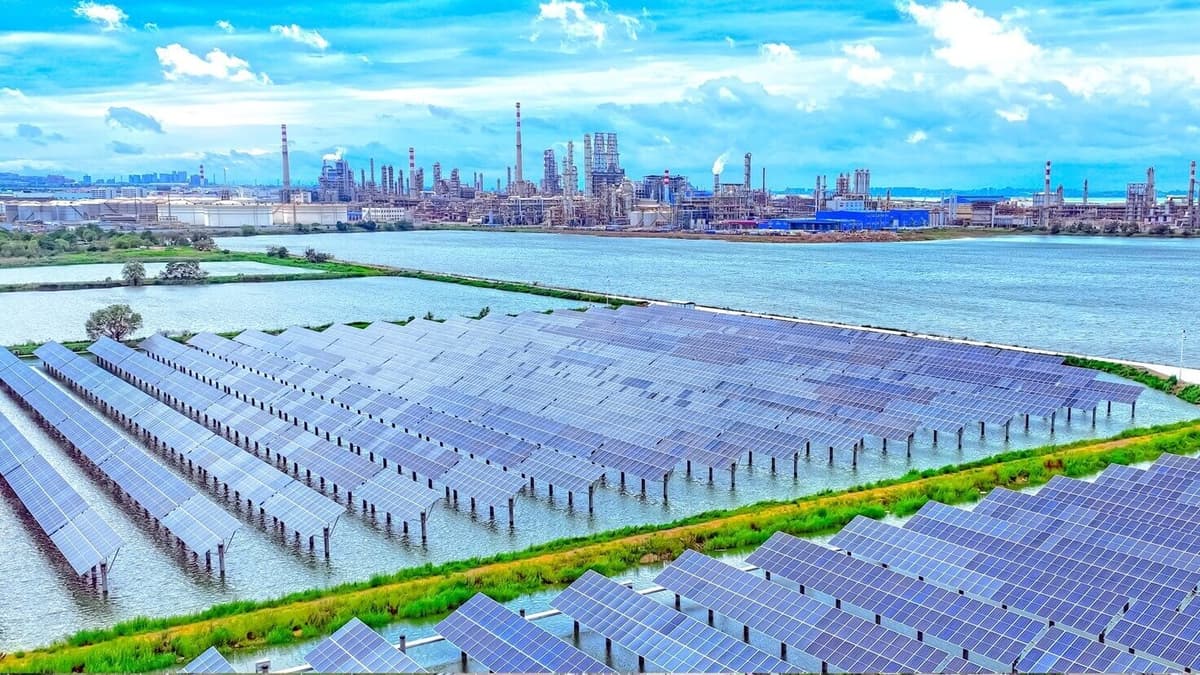Sinopec Innovates: Producing Green Hydrogen from Seawater at Qingdao Refinery
Key Ideas
- Sinopec in China completes a groundbreaking project at its Qingdao Refinery, successfully producing green hydrogen from seawater at a significant scale.
- The project, powered by renewable energy, overcame challenges related to salt content and impurities in seawater through innovative technologies and a collaboration with the Dalian Institute of Petroleum and Petrochemicals.
- This development marks a significant step towards large-scale industrial applications of seawater hydrogen production, offering a solution to China's freshwater resource challenges and potentially revolutionizing the hydrogen production landscape.
- The success of this project highlights the potential for sustainable hydrogen production methods that could reduce environmental impact and reliance on traditional water sources in the future.
Chinese state-owned oil and gas company Sinopec has achieved a significant milestone by completing a seawater hydrogen production research project at its Qingdao Refinery. This project, a first of its kind in China, utilized electrolysis of seawater to produce green hydrogen, boasting an impressive output of 20m3 per hour. By adopting a 'factory-based' operation model and powering the electrolyser using renewable energy from a floating solar PV power station, Sinopec successfully integrated the produced hydrogen into the refinery's operations and hydrogen-powered vehicles. This innovative approach not only reduces dependency on freshwater resources but also eliminates the need for desalination processes, addressing key sustainability concerns. Despite challenges posed by seawater's salt content and impurities, Sinopec overcame these obstacles through strategic collaborations and specialized equipment innovations. The company's partnership with the Dalian Institute of Petroleum and Petrochemicals led to advancements in electrode technology, plate design, and a seawater circulation system. Sinopec's success in this project signifies a promising future for large-scale industrial applications of seawater hydrogen production, offering a solution to China's freshwater scarcity issues and underscoring the potential for sustainable hydrogen production methods on a global scale.
Topics
Green Hydrogen
Renewable Energy
Innovation
Sustainability
Research Collaboration
Electrolyser Technology
Water Resources
Industrial Trial
Latest News
